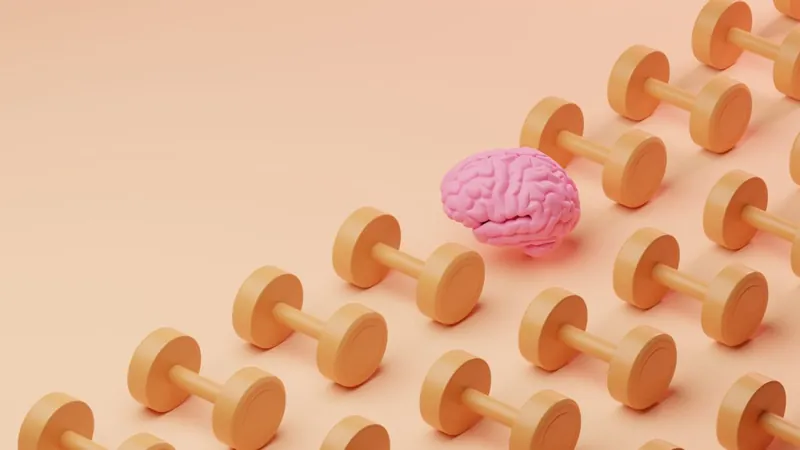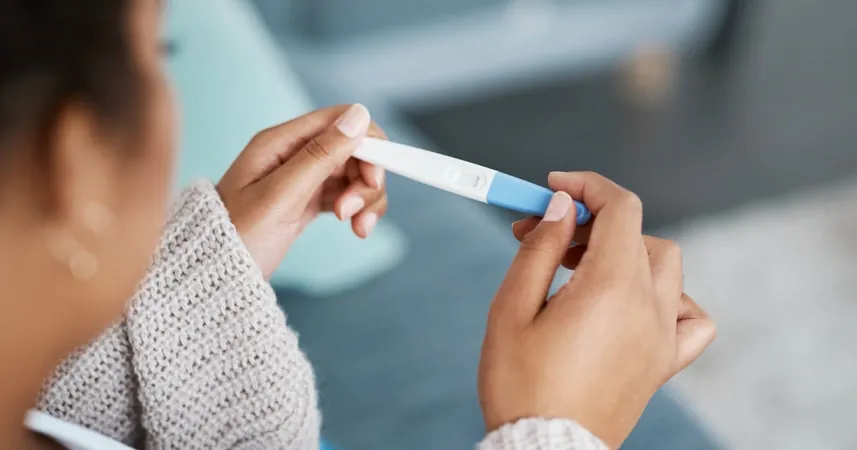
Unlock the Secrets to a Healthier Brain: 3 Expert Tips to Slash Your Risk of Dementia, Stroke, and Depression!
2025-05-03
Author: Emma
Discover Lifestyle Changes That Can Transform Your Brain Health!
A groundbreaking study recently revealed that you can significantly reduce your risk of dementia, stroke, and depression by making a few simple lifestyle adjustments. Published in the esteemed Journal of Neurology, Neurosurgery & Psychiatry, the research highlights that a staggering 60% of strokes, 40% of dementia cases, and 35% of late-life depression stem from factors that you can change!
Dr. Sanjula Singh, who led the study at Massachusetts General Hospital, emphasizes the connection between these conditions: a history of strokes raises the likelihood of depression and dementia, and vice versa. So, what can you do to safeguard your brain health?
Top 3 Practices for a Sharper Mind and Healthier Future
1. **Manage Your Blood Pressure:** High blood pressure is the most significant risk factor linked to depression, dementia, and strokes. To keep your levels in check, reduce your salt intake, step up your physical activity, and load up on potassium-rich foods. Your heart and brain will thank you!
2. **Embrace Physical and Social Activities:** Regularly engaging in moderate to vigorous exercise not only lowers your stroke risk but also supports cognitive health. Furthermore, building strong social ties is crucial—combine fitness with friendship by going for walks with loved ones or gardening together. This dual approach can work wonders for your brain!
3. **Cultivate Healthy Habits Early On:** Many people overlook their health in younger years, but experts argue that early intervention is vital. By prioritizing exercise and nurturing meaningful relationships during your youth and middle age, you can stave off or delay the onset of conditions like depression and dementia.
Assess Your Brain Health: Take the Brain Care Quiz!
Not sure where to start? Massachusetts General Hospital offers a quick Brain Care Score quiz that evaluates your lifestyle choices—from blood pressure to diet and sleep. A higher score indicates a lower risk for common brain ailments.
Dr. Jonathan Rosand, a neurologist at Harvard, highlights that even if your score is lower than desired, you can improve it by addressing specific areas indicated in your results. Remember, this score is a personal tool designed to help guide your health journey!
Stay Proactive About Your Brain Health!
If you notice any early signs of depression, stroke, or dementia, consult a medical professional right away. Bringing your Brain Care Score along to these appointments can help you outline your health goals more effectively. Your journey to a healthier brain begins with awareness and action!









 Brasil (PT)
Brasil (PT)
 Canada (EN)
Canada (EN)
 Chile (ES)
Chile (ES)
 Česko (CS)
Česko (CS)
 대한민국 (KO)
대한민국 (KO)
 España (ES)
España (ES)
 France (FR)
France (FR)
 Hong Kong (EN)
Hong Kong (EN)
 Italia (IT)
Italia (IT)
 日本 (JA)
日本 (JA)
 Magyarország (HU)
Magyarország (HU)
 Norge (NO)
Norge (NO)
 Polska (PL)
Polska (PL)
 Schweiz (DE)
Schweiz (DE)
 Singapore (EN)
Singapore (EN)
 Sverige (SV)
Sverige (SV)
 Suomi (FI)
Suomi (FI)
 Türkiye (TR)
Türkiye (TR)
 الإمارات العربية المتحدة (AR)
الإمارات العربية المتحدة (AR)